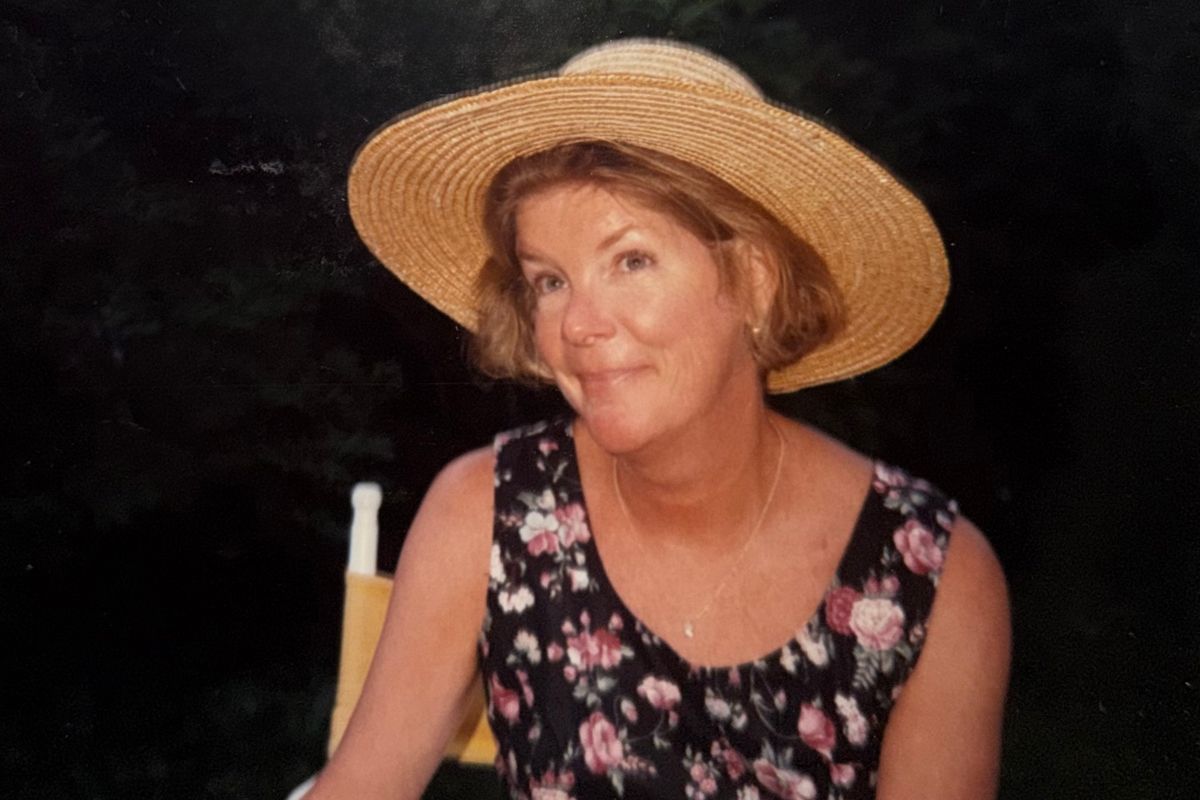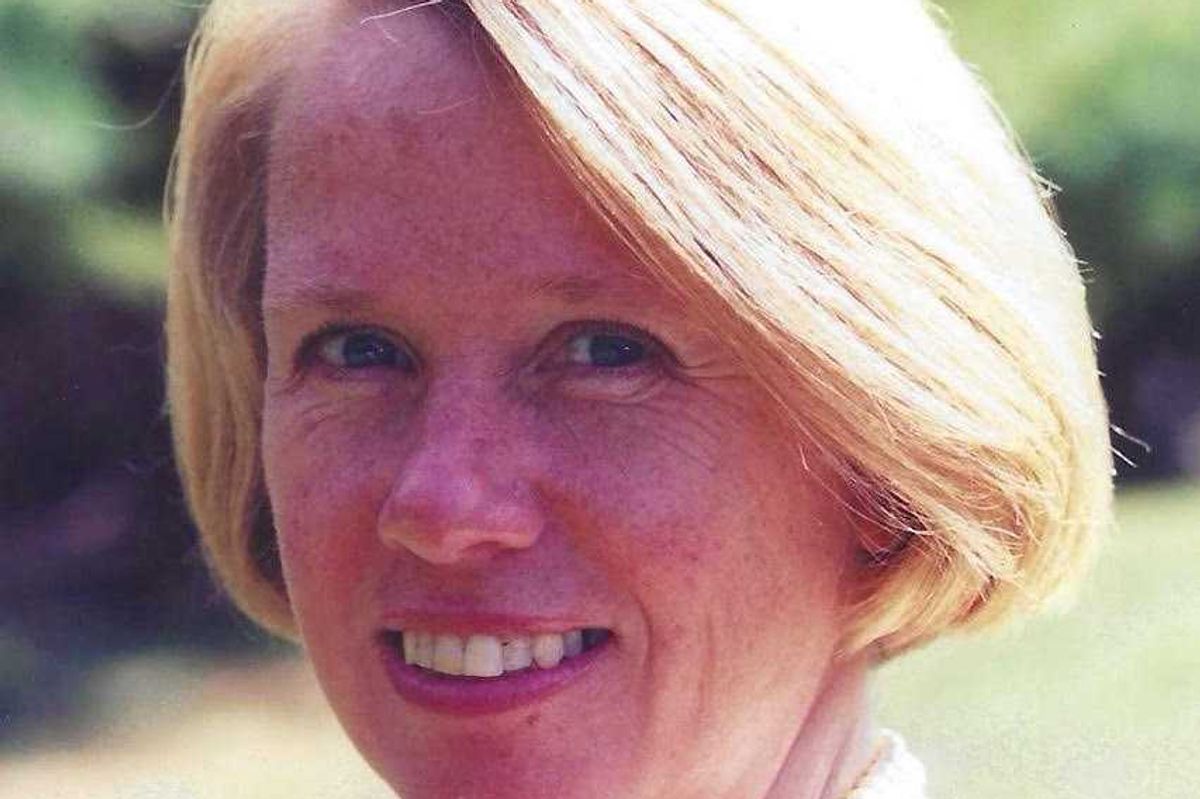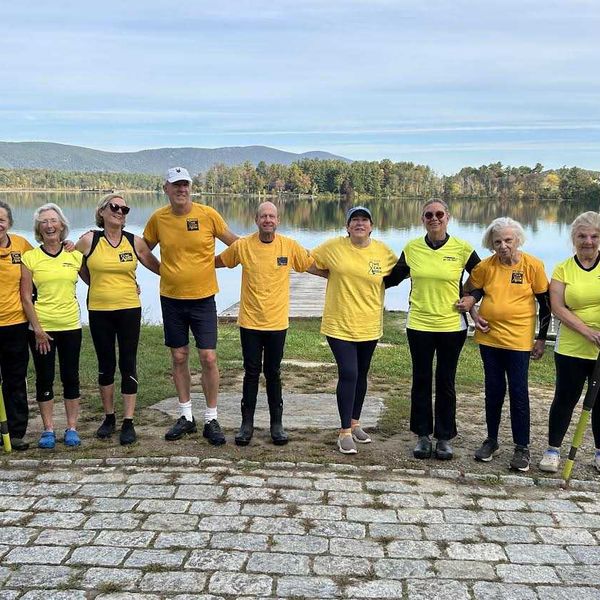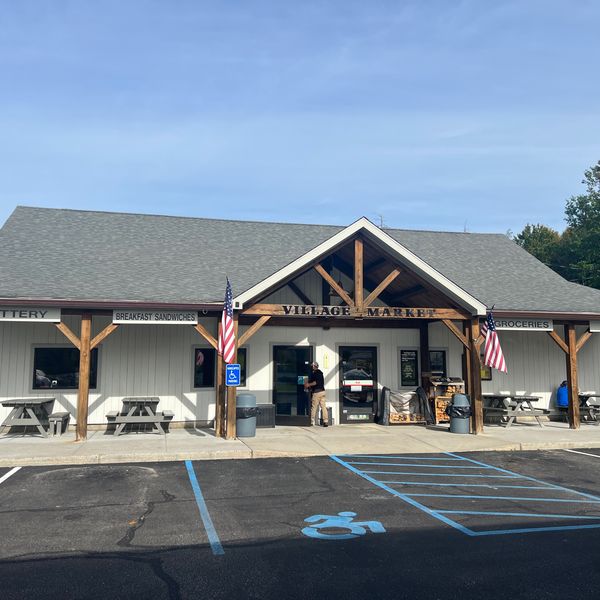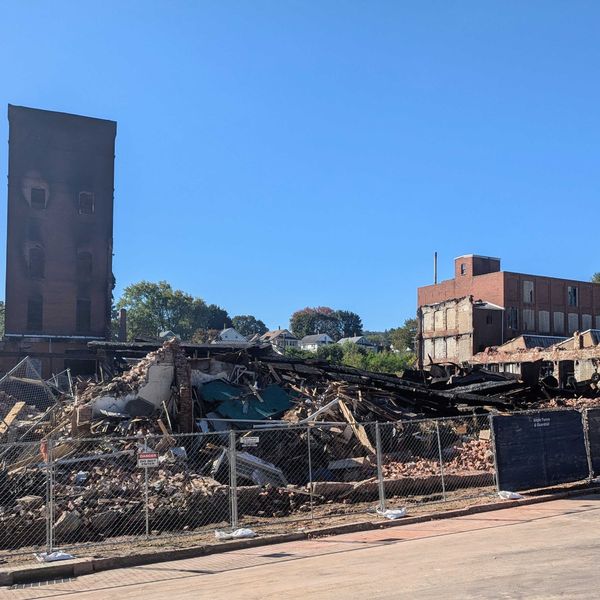Latest News
Amanda Cannon
Oct 20, 2025
Amanda Cannon
Amanda Cannon
SALISBURY — Amanda Cannon, age 100, passed away Oct. 15, 2025, at Noble Horizons. She was the wife of the late Jeremiah Cannon.
Amanda was born Aug. 20, 1925, in Brooklyn, New York the daughter of the late Karl and Ella Husslein.
She was widowed at the age of 31 and worked as a bookkeeper for the Standard Oil Company and other oil companies in New York City until she retired at age 72.
Amanda moved to Noble Horizons in 2013 to live near her daughter Diane and son-in-law (the late) Raymond Zelazny.
She enjoyed her time in the Northwest Corner and was an avid nature lover, albeit considered herself a native New Yorker as she was born and resided in NYC for 88 years.
She was a faithful parishioner of St. Mary’s Church in Lakeville and attended Mass regularly until the age of 99.
Amanda was the grandmother of (the late) Jesse Morse and is survived by her daughter, Diane Zelazny, her grandsons, Adam Morse, Raymond Morse and his wife Daron and their daughter and her great granddaughter Cecelia Morse.
A Mass of Christian Burial will take place on Thursday, Oct. 23, 11 a.m. at St Mary’s Church in Lakeville, Connecticut.
Memorial donations may be made to St. Mary’s Church.
The Kenny Funeral Home has care of arrangements.
Keep ReadingShow less
Barbara Meyers DelPrete
Oct 15, 2025
LAKEVILLE — Barbara Meyers DelPrete, 84, passed away Tuesday, Sept. 30, 2025, at her home. She was the beloved wife of George R. DelPrete for 62 years.
Mrs. DelPrete was born in Burlington, Iowa, on May 31, 1941, daughter of the late George and Judy Meyers. She lived in California for a time and had been a Lakeville resident for the past 55 years.
Survivors, in addition to her husband, George, include son, George R. DelPrete II, daughter, Jena DelPrete Allee, and son Stephen P. DelPrete. Grandchildren; Trey, Cassidy, and Meredith DelPrete, Jack, Will and Finn Allee, and Ali and Nicholas DelPrete.
A Funeral Mass was held at St. Mary’s Church, Lakeville, on Saturday, Oct. 4. May she Rest in Peace.
Ryan Funeral Home, 255 Main St., Lakeville, is in care of arrangements.
To offer an online condolence, please visit ryanfhct.com
Keep ReadingShow less
Shirley Anne Wilbur Perotti
Oct 15, 2025
SHARON — Shirley Anne Wilbur Perotti, daughter of George and Mabel (Johnson) Wilbur, the first girl born into the Wilbur family in 65 years, passed away on Oct. 5, 2025, at Noble Horizons.
Shirley was born on Aug. 19, 1948 at Sharon Hospital.
She was raised on her parents’ poultry farm (Odge’s Eggs, Inc.).
After graduating from Housatonic Valley Regional High School, she worked at Litchfield County National Bank and Colonial Bank.
She married the love of her life, John, on Aug. 16, 1969, and they lived on Sharon Mountain for more than 50 years.
Shirley enjoyed creating the annual family Christmas card, which was a coveted keepsake.She also enjoyed having lunch once a month with her best friends, Betty Kowalski, Kathy Ducillo, and Paula Weir.
In addition to John, she is survived by her three children and their families; Sarah Medeiros, her husband, Geoff, and their sons, Nick and Andrew, of Longmeadow, Massachusetts, Shelby Diorio, her husband, Mike, and their daughters, Addie, Lainey and Lyla, of East Canaan, Connecticut,Jeffrey Perotti, his wife, Melissa, and their daughters, Annie, Lucy and Winnie, of East Canaan. Shirley also leaves her two brothers, Edward Wilbur and his wife Joan, and David Wilbur; two nieces, three nephews, and several cousins.
At Shirley’s request, services will be private.
Donations in her memory may be made to the Sharon Woman’s Club Scholarship Fund, PO Box 283, Sharon, CT 06069.
The Kenny Funeral Home has care of arrangements.
Keep ReadingShow less
Veronica Lee Silvernale
Oct 15, 2025
MILLERTON — Veronica Lee “Ronnie” Silvernale, 78, a lifelong area resident died Tuesday, Oct. 7, 2025, at Sharon Hospital in Sharon, Connecticut. Mrs. Silvernale had a long career at Noble Horizons in Salisbury, where she served as a respected team leader in housekeeping and laundry services for over eighteen years. She retired in 2012.
Born Oct. 19, 1946, at Camp Lejeune, North Carolina, she was the daughter of the late Bradley C. and Sophie (Debrew) Hosier, Sr. Following her graduation from high school and attending college, she married Jack Gerard Silvernale on June 15, 1983 in Millerton, New York. Their marriage lasted thirty-five years until Jack’s passing on July 28, 2018.
Ronnie is survived by her daughter, Jaime Silvernale (Wm. MacDaniel, Sr.) of Millerton, her beloved grandson, Wm. MacDaniel, Jr.; two special nieces, Shannon and Rebecca and a special nephew Sean Hosier. In addition to her parents and husband, she was predeceased by her brother, Bradley C. Hosier, Jr. and her dear friend Ruth Fullerton of Millerton.
Visitation was private. A celebration of Ronnie’s life will be held in the future. Arrangements have been entrusted to the Scott D. Conklin Funeral Home, 37 Park Avenue, Millerton, NY 12546. To send an online condolence to the family or to plant a tree in Ronnie’s memory, please visit www.conklinfuneralhome.com
Keep ReadingShow less
loading

